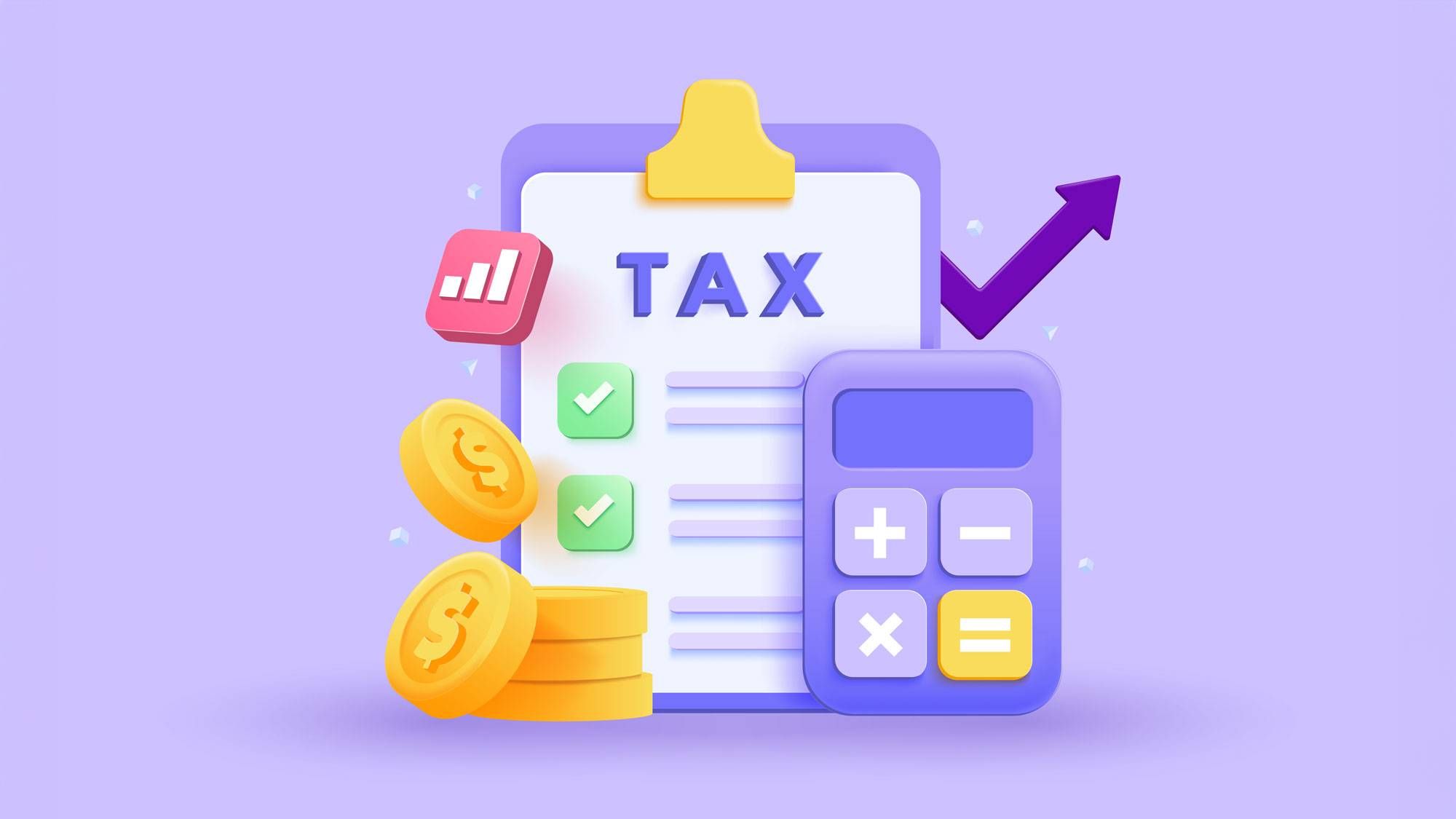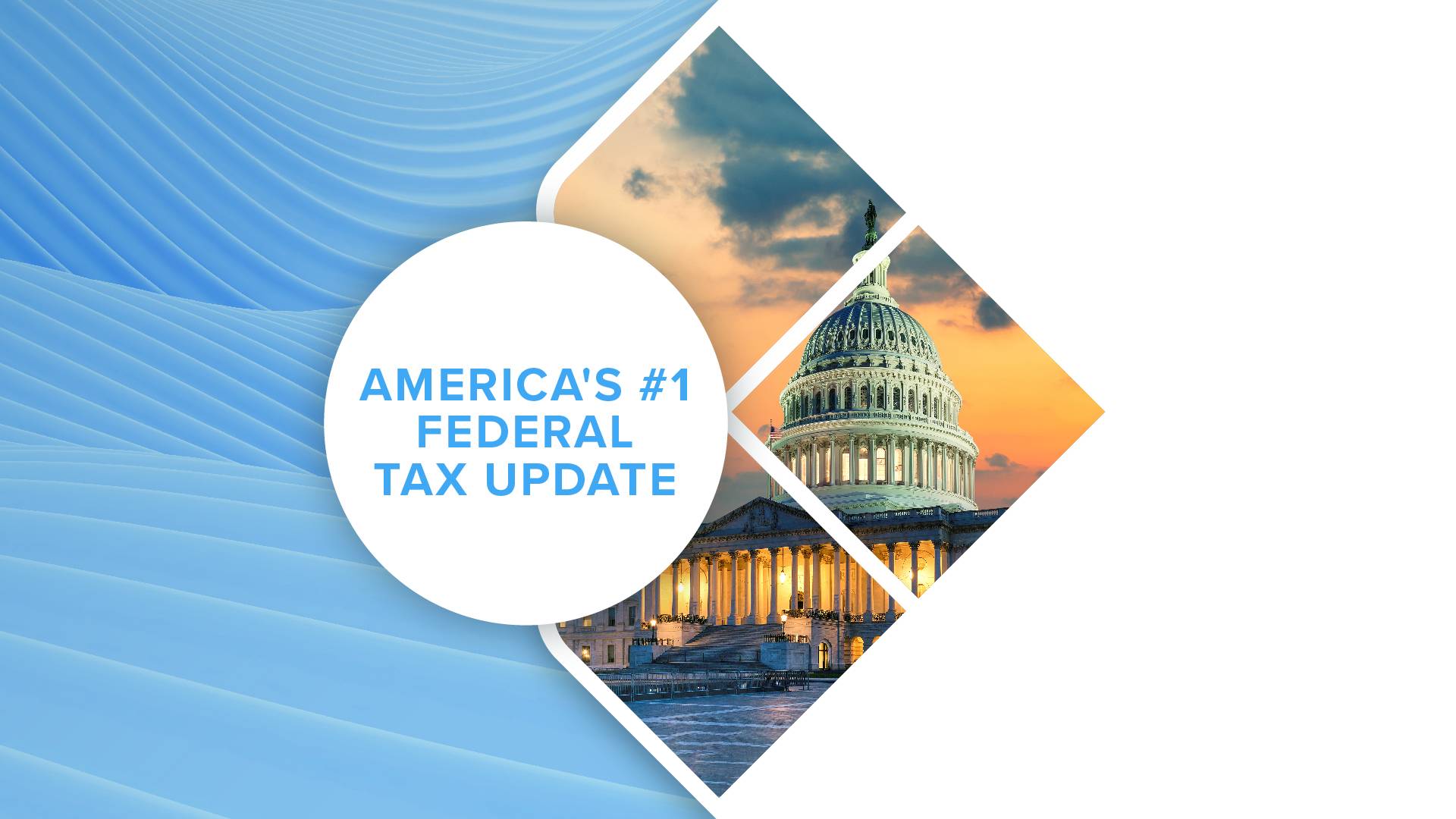

$261.00 – $291.00
Webcasts are available for viewing Monday – Saturday, 8am – 8pm ET.
Without FlexCast, you must start with enough time to finish. (1 Hr/Credit)
2024 Annual Tax Season Update
Format
Self-Study
Course Level
Update
CPE Credits
9 Credits: Taxes
Course Description
Each year, various limits impacting income tax return preparation and tax planning are affected by inflation-related changes. In addition, various new tax laws may be passed. This course will examine many of those changes.
The Annual Tax Filing Season Update course discusses new tax law and recent updates for the 2024 filing season, provides a general tax review, and examines important rules governing tax return preparer ethics, practices and procedures.
Learning Objectives
Upon successful completion of this course, participants will be able to:
Chapter 1
- Identify the inflation adjustments to various federal limits;
- Describe the individual health insurance premium tax credit increase brought about by ARPA;
- Calculate the small business health insurance premium tax credit; and
- Recognize the potential penalties under the applicable large employer shared responsibility requirements.
Chapter 2
- Describe the current status of tax extenders;
- Identify the change in the reporting requirement of Third Party Network Transactions;
- Describe the rules for repayment of COVID-19 related distributions from qualified retirement plans and IRAs;
- Describe the Health Savings Account (HSA) limits; and
- Calculate the deduction for taxpayers using the optional standard mileage rates.
Chapter 3
- Identify those items included in a taxpayer’s taxable earnings;
- Determine the tax treatment of foreign accounts and trusts;
- Apply the rules governing contributions to and distributions from IRAs;
- Describe the reporting and taxability of unemployment compensation;
- Understand the tax treatment of retirement income; and
- Identify who must file Form 1099-K, reporting payment card and third party network transactions.
Chapter 4
- Recognize the items included in self-employment income and expenses;
- Distinguish between a hobby and a business for tax purposes;
- Calculate the tax deduction for business use of a home; and
- Identify the recordkeeping requirements to substantiate Schedule C entries.
Chapter 5
- Recognize the tax treatment given to capital gains and losses;
- Determine the eligibility for, and amount of, standard deductions;
- Apply the limitations applicable to Schedule A itemized deductions; and
- Identify the record keeping and documentation requirements applicable to claimed deductions.
Chapter 6
- Recognize the eligibility requirements for claiming the common tax credits;
- Calculate the tax credit amounts taxpayers may claim; and
- Identify the limits applicable to the common tax credits.
Chapter 7
- Recognize the tax treatment of virtual currency;
- Determine the applicable alternative minimum taxable income exemption;
- Calculate the qualified business income deduction available to pass-through entities;
- Apply the rules for taxing the unearned income of dependent children;
- Identify the tax treatment given to Achieving a Better Life Experience Act (ABLE) accounts; and
- Identify the broadened § 529 qualified education expenses resulting from the passage of the Tax Cuts and Jobs Act and the SECURE Act.
Chapter 8
- Recognize the expanded exclusion from income of student loan indebtedness authorized under the American Rescue Plan Act (ARPA);
- Determine the modification of net operating losses imposed under the CARES Act;
- Identify the tax treatment of employee fringe benefits;
- Apply the rules dealing with depreciation of rental property;
- Describe the rules governing a taxpayer’s tax withholding, estimated tax payments, and tax return due dates; and
- Recognize the options available to a taxpayer for paying any tax due or receiving a tax refund.
Chapter 9
- Identify the red flags indicating possible tax-related identity theft and suggested assistance to its victims;
- Understand the laws and regulations requiring privacy and security of taxpayer data and the best practices tax preparers may implement to help assure it;
- Describe the purpose of individual taxpayer identification numbers, their effect on tax credits and how to renew them;
- Identify the due diligence requirements imposed on tax return preparers with respect to claiming head of household filing status, EITC, CTC and AOTC; and
- Understand the e-file requirements.
Course Specifics
SS824368698
February 5, 2024
There are no prerequisites.
None
212
Compliance Information
IRS Provider Number: 0MYXB
IRS Course Number: 0MYXB-U-02437-24-S
IRS Federal Tax Update Credits: 9
CTEC Course Number: 2071-CE-1999
CTEC Federal Tax Update Credits: 9
CFP Notice: Not all courses that qualify for CFP® credit are registered by Western CPE. If a course does not have a CFP registration number in the compliance section, the continuing education will need to be individually reported with the CFP Board. For more information on the reporting process, required documentation, processing fee, etc., contact the CFP Board. CFP Professionals must take each course in it’s entirety, the CFP Board DOES NOT accept partial credits for courses.
CTEC Notice: California Tax Education Council DOES NOT allow partial credit, course must be taken in entirety. Western CPE has been approved by the California Tax Education Council to offer continuing education courses that count as credit towards the annual “continuing education” requirement imposed by the State of California for CTEC Registered Tax Preparers. A listing of additional requirements to register as a tax preparer may be obtained by contacting CTEC at P.O. Box 2890, Sacramento, CA, 95812-2890, by phone toll-free at (877) 850-2832, or on the Internet at www.ctec.org.
Meet The Experts

Paul J. Winn CLU ChFC is a writer with more than 30 years experience in the life insurance and securities industry as an agent/registered representative, an agency head, a marketing vice president for a life insurance company and the president of a corporate registered investment adviser. He was a long serving member of the advisory board to the New York State insurance department. He is a published book author and creator of more than 200 taxation, insurance and securities training courses.
Related Courses
-
 Taxes
Taxes
2023 Federal Tax Update (Complete Edition)
Mark Seid, EA, CPA, USTCP & Sharon Kreider, CPA QAS Self-Study
Credits: 20 $575.00
QAS Self-Study
Credits: 20 $575.00$575.00Original price was: $575.00.$432.00Current price is: $432.00. -
 Taxes
Taxes
Estate Tools & Trusts
Danny Santucci, JD QAS Self-Study
Credits: 2 $58.00
QAS Self-Study
Credits: 2 $58.00$58.00 – $78.00
-
 Taxes
Taxes
Estate Planning
Danny Santucci, JD QAS Self-Study
Credits: 2 $58.00
QAS Self-Study
Credits: 2 $58.00$58.00 – $78.00
